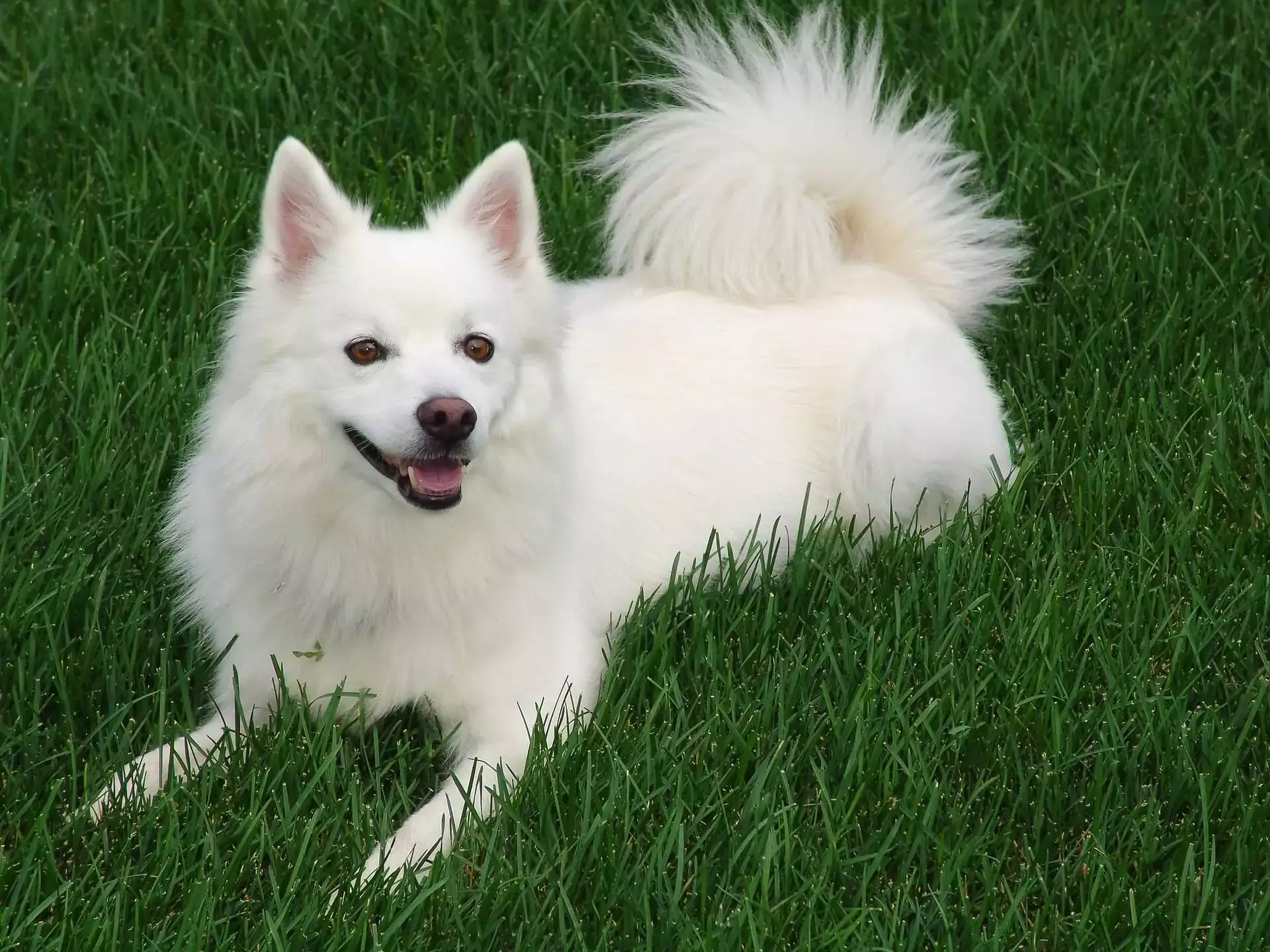Interesting Bird Facts from a Mattoon, IL Veterinarian
Did you know birds are America’s fourth favorite pet? Naturally, Fido and Fluffy take the top two spots, while fish swim into third. According to the American Veterinary Medical Association, there are over 7.5 million pet birds in the United States. Keep reading to discover more about Man’s Fourth Best Friend from a Mattoon, IL veterinarian.
Soaring Through the Heavens
Have you ever observed a group of swallows gracefully gliding through the air, their movements synchronized in a mesmerizing display? This phenomenon is commonly referred to as a murmuration. Experts theorize that this behavior is employed to confuse potential predators, making it challenging for them to single out individual birds. What’s even more remarkable? It is possible that birds are influenced by biological radio waves. Every bird in the flock interacts with its neighbors, creating beautiful patterns as they move together.
Not Such A Birdbrain After All
You may have heard the term birdbrain. Turns out, that’s not quite accurate. Puck, a Budgie, impressed many with her remarkable intelligence. The tiny bundle of feathers impressively mastered a staggering 1728 words, securing herself a well-deserved perch in the prestigious Guinness Book of World Records.
An Incredible Tale
A blue-and-gold Macaw named Charlie has become a legendary figure at Heathfield Nurseries in Surrey, England. According to local lore, Charlie was born way back in 1899! Legend has it that Charlie was once owned by Winston Churchill, who taught her to swear at Nazis and particularly at Hitler. To be fair, Churchill’s family members refute this claim, and Charlie has yet to provide clarification on the matter. Nevertheless, the bird remains content and in good health, and is receiving proper care. Charlie has certainly lived a remarkable and lengthy life!
Our Not-So-Feathered Friends
Did you know that feathers are unique to birds? Feathers were also sported by some of Polly’s ancestors, the dinosaurs. However, not all birds have feathers on their heads. All vultures, ostriches, and marabou storks are bald. (The bald eagle, however, is not actually bald.)
A Forgotten Friend
Pigeons are often seen as a nuisance these days. However, these adorable birds are quite extraordinary. They are capable of finding their way home from long distances, and have several other unique traits.
- They provided invaluable assistance during times of conflict. Pigeons were commonly used to assist in communication, bravely delivering messages even in dangerous situations. They have been recognized for their role in saving countless lives.
- They were commonly used to send messages of distress from sinking ships.
- Urban environments are ideal for pigeons as they are naturally drawn to concrete and stone.
- There could be more than a million pigeons in New York City alone.
- It’s possible that these were the initial birds that humans chose to domesticate. They can be seen in Mesopotamian art dating back to 4500 BCE.
- Their vision is exceptional. They have the remarkable ability to perceive ultraviolet light, enabling them to locate survivors from wrecked or drowned ships.
- There are race pigeons! Pigeons are incredibly fast, making races a thrilling experience for onlookers.
They Come In Many Sizes
Ostriches are the largest birds in the world. Adults of this species can reach heights of 9 feet (2.7 meters) and have a weight range of 220-350 pounds (100-160 kilograms).
On the other end of the spectrum, the hummingbird holds the title for being the tiniest bird. These small, adorable creatures have the unique ability to fly backward and hover in place. Their eggs are about the size of a jellybean! (Note: if you want to feed hummingbirds, opt for a ¼ sugar/water mix, rather than the colored syrups sold in stores.)
They Love To Dance
Have you ever seen pet birds happily dancing to their favorite tunes? Certain birds find great joy in dancing. For instance, cockatoos are well-known for their lively dance moves. It’s not hard to understand the reasoning behind this. Indeed, birdsong is the beautiful melody of the natural world.
Wing And A Prayer
You don’t always have to look to the skies to find our winged pals. Some are flightless! One example of this is the Kakapo parrot of New Zealand, a vibrant bird with a charming and somewhat perplexed look. These large birds can weigh over seven pounds. Being unable to fly, they are highly susceptible to habitat loss and predators. Once classified as endangered, this pretty bird is now on the brink of making a comeback.
Painting A Different Picture
Blue jays often have a habit of collecting paint chips. There is a specific reason for this behavior – the cats are attracted to the calcium in the paint, which comes from limestone.
Loud And Proud
Curious about the world’s loudest bird? That honor goes to the white bellbird. This stunning bird can be found in the Amazon rainforest and captures the attention of potential mates with its unique and attention-grabbing call.
Another noisy bird is the Moluccan Cockatoo. These guys can produce a sound that reaches 135 decibels. That’s quite similar to attending a rock concert!
Parrots Of A Feather
Parrots have been our beloved companions for centuries, bringing joy and companionship to our lives. Actually, Alexander the Great brought back some artifacts from the Indian subcontinent. After a few hundred years, the ancient Romans took on the task of teaching Polly Latin.
Here are some interesting facts about these vibrant, feathered creatures.
- They have the incredible ability to crack even the toughest nuts in the world.
- The smallest parrot species is the Pygmy parrot. The Pygmy parrot measures a mere 3 inches in length and has a unique diet preference for mushrooms instead of insects, setting it apart from other parrot species.
- Parrots belong to the psittacine order.
- They enjoy connecting with others online. A team of researchers from Northeastern University, the University of Glasgow, and MIT recently conducted an intriguing experiment involving parrots. They successfully trained these intelligent birds to communicate using video chat technology. Most of the birds enjoyed the chats!
- They can have a longer lifespan than humans. Smaller parrots, like parakeets, typically have a lifespan of ten to twenty years, while larger ones, such as Macaws, can live for 100 years or even longer. That’s definitely worth considering before bringing one home.
- Roughly one-third of all parrot species are at risk of extinction. The African grey parrot population in Ghana has been severely impacted by logging, with up to 99 percent of the native population devastated.
- Parrots are commonly referred to as hookbills due to the shape of their beaks.
- They’re very smart! There was a parrot named Alex, an African grey, who was known for having an intelligence level similar to that of a 5-year-old child. His parting words to his owner were, “Take care.” “I appreciate your kind words.”
- They can use tools. A study conducted by the University of York and the University of St. Andrews focused on the behavior of Greater Vasa parrots, specifically their use of pit dates and pebbles to break cockleshells.
- They have a unique foot structure. Parrots, like most birds, typically have four toes on each foot. Parrots have a unique foot structure with two toes pointing forward and two toes pointing backward. This allows them to conveniently transport their food.
- Parrots require a significant amount of care, so it’s important to seek advice from your Mattoon, IL veterinarian before considering adoption.
Do you have any questions about bird care? Feel free to reach out to us, your Mattoon, IL pet hospital, whenever you need assistance!



